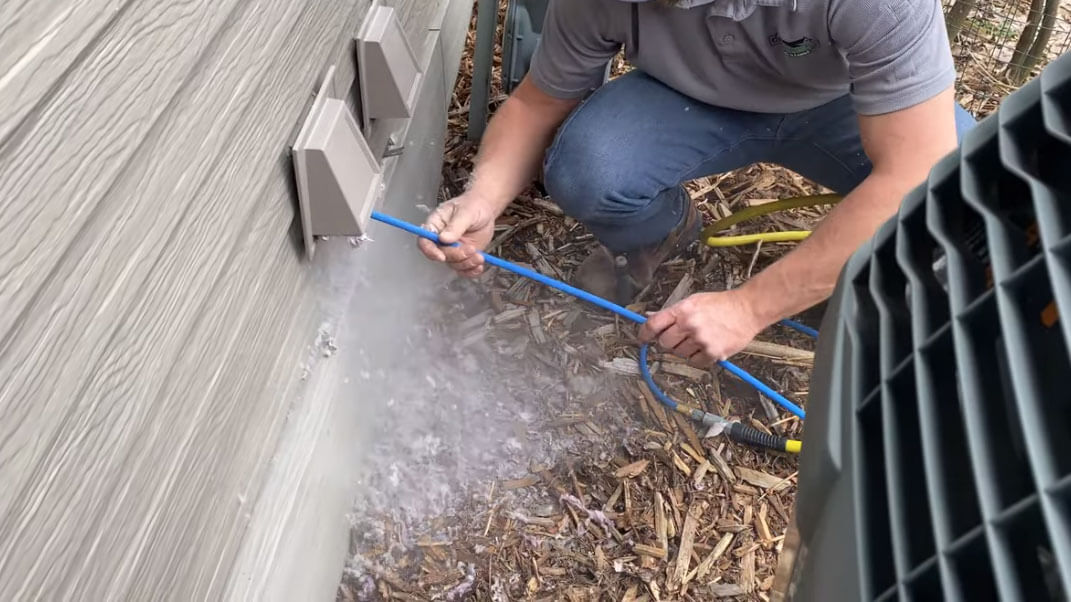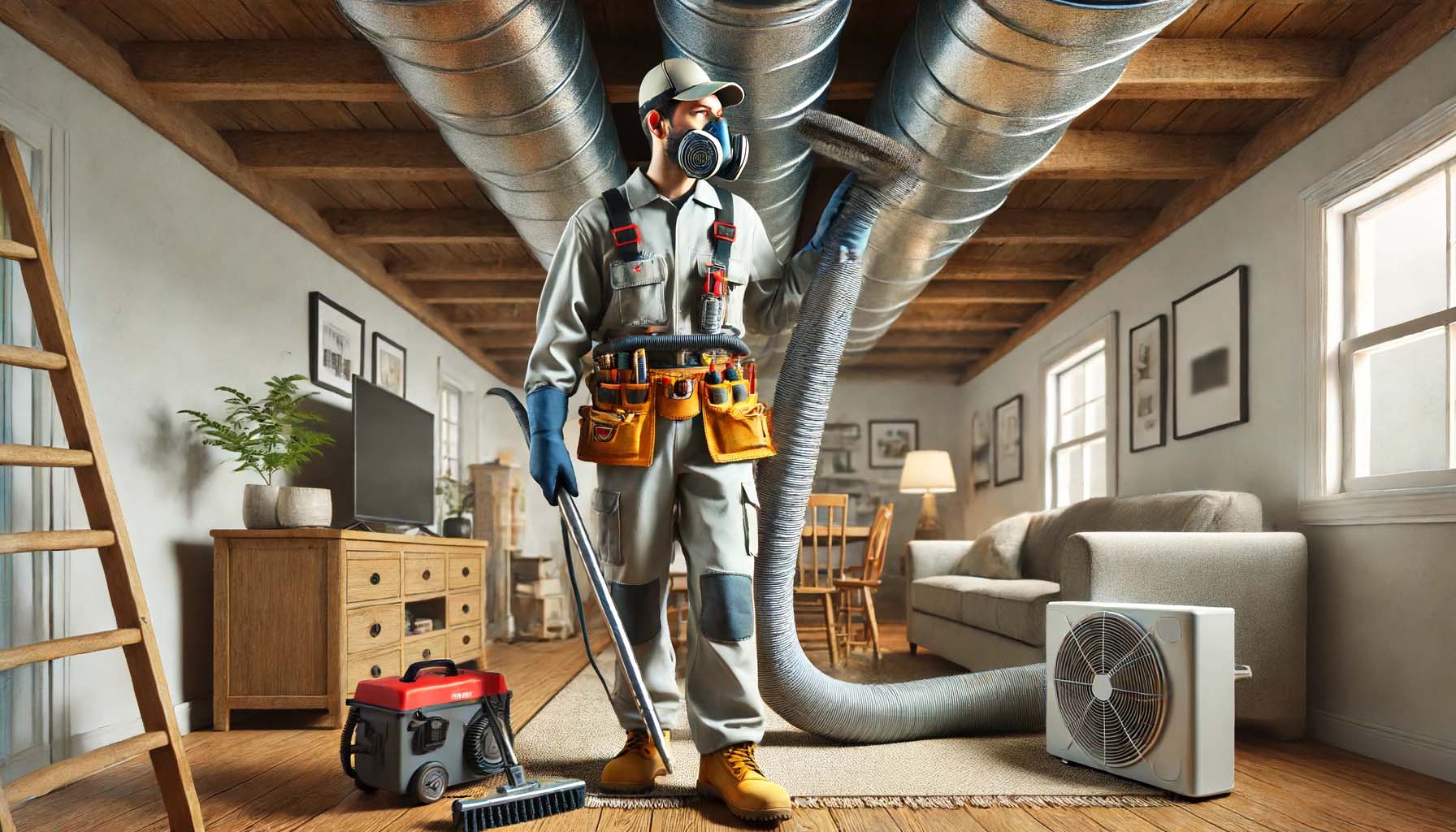Choosing the best HVAC system for your home is an important decision that can significantly impact your comfort, energy efficiency, and utility costs. With various options available in the market, how do you decide which HVAC system is the right fit for your home? In this article, we will explore the different types of HVAC systems, their benefits, drawbacks, and factors to consider when making your choice.

What is an HVAC System?
HVAC stands for Heating, Ventilation, and Air Conditioning. It refers to different systems used for moving air between indoor and outdoor areas, along with heating and cooling both residential and commercial buildings. These systems keep you warm in winter, cool in summer, and ensure you breathe in high-quality air.

Central Air Conditioning Systems
Overview
Central air conditioning is a popular choice for many homeowners. It uses a system of ducts to distribute cool air throughout the home. This system is known for its efficiency and ability to cool large spaces uniformly.
Pros
- Energy efficient
- Good for large homes
- Uniform cooling
Cons
- Expensive to install
- Ductwork required

Heat Pumps
Overview
Heat pumps are versatile systems that can both heat and cool your home. Unlike central air conditioners, they move heat rather than generate it, making them energy efficient.
Pros
- Energy efficient
- Dual functionality (heating and cooling)
Cons
- Inefficient in extremely cold climates
- Higher initial cost
Ductless Mini-Splits
Overview
Ductless mini-split systems are perfect for homes without existing ductwork. These systems have two main components: an outdoor compressor and one or more indoor air-handling units.
Pros
- High energy efficiency
- Flexible installation
- No ducts needed
Cons
- Higher initial cost
- Can be less effective in large homes
Factors to Consider When Choosing an HVAC System
When deciding which HVAC system is best for your home, consider the following factors:
Climate
Your local climate plays a significant role in determining the best HVAC system. For example, heat pumps may not be the best choice in extremely cold climates.
Home Size
The size of your home will affect the type of system you need. Larger homes may require a more robust central air conditioning system, while smaller homes might benefit from a ductless mini-split system.
Energy Efficiency
Energy efficiency should be a top priority. Look for systems with high SEER (Seasonal Energy Efficiency Ratio) ratings.
Budget
Your budget is another critical factor. While some systems might have a higher initial cost, they can save you money in the long run through lower utility bills.
Maintenance and Longevity of HVAC Systems
Regular maintenance is crucial for the longevity and efficiency of your HVAC system. It’s essential to:
- Change air filters regularly
- Schedule annual inspections
- Clean ducts and vents
Conclusion
In conclusion, there is no one-size-fits-all answer to the question, ‘Which HVAC system is best for home?‘ The best HVAC system for your home will depend on various factors, including your climate, home size, energy efficiency needs, and budget. By considering all these factors and consulting with HVAC professionals, you can make an informed decision that will keep your home comfortable for years to come.
FAQs
What is the most energy-efficient HVAC system?
The most energy-efficient HVAC systems are typically heat pumps and ductless mini-split systems. However, the energy efficiency of a system can also depend on your specific climate and home.
How often should I service my HVAC system?
It’s recommended to service your HVAC system at least once a year. Regular maintenance can help extend the lifespan of your system and keep it running efficiently.
Can I install an HVAC system myself?
While some HVAC systems, like portable units, can be installed by homeowners, most systems require professional installation to ensure they are set up correctly and safely.